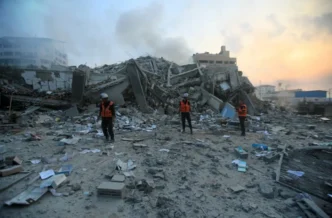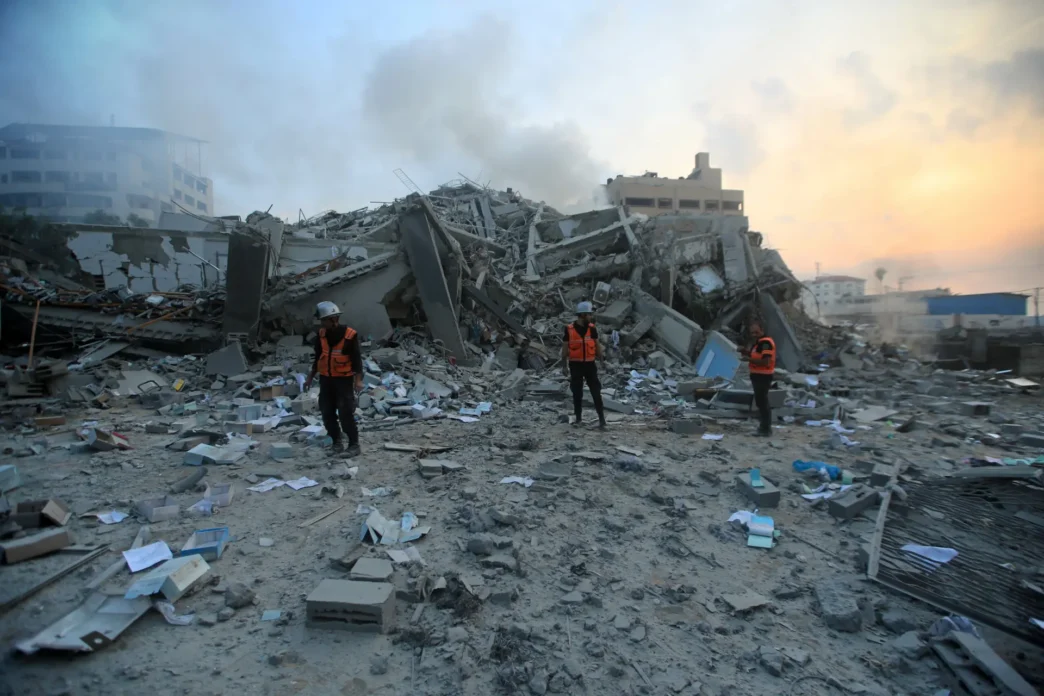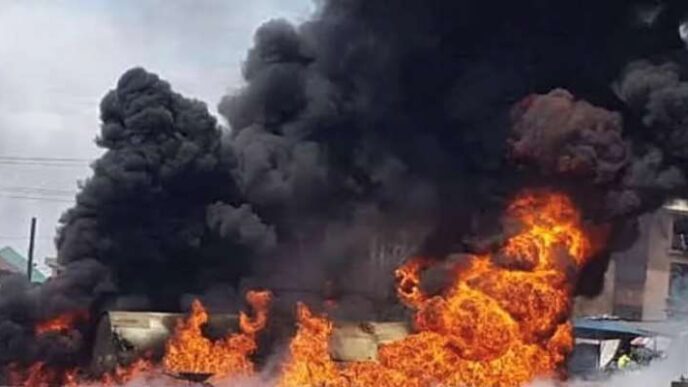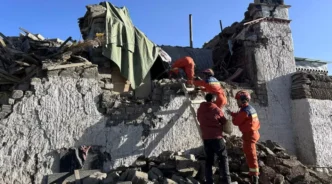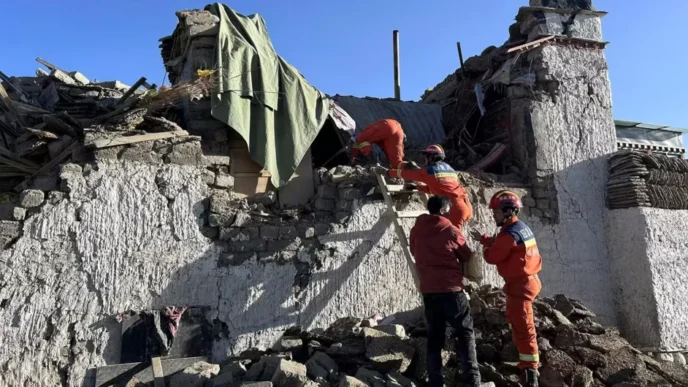At least 150 people have been killed in Gaza over two days of intense airstrikes as Israel continues its military offensive against Hamas.
The attacks, which occurred on Thursday and Friday, December 3, have further escalated tensions while negotiations for a ceasefire and hostage release continue in Qatar.
Reports indicate that the strikes have resulted in widespread casualties and damage to civilian infrastructure.
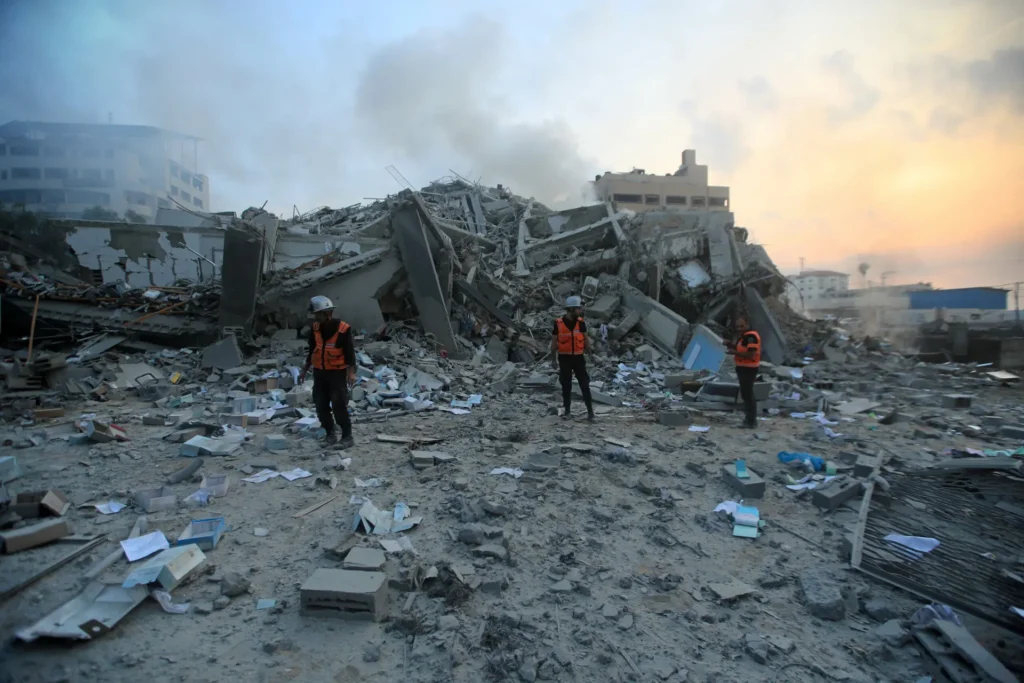
Senior Hamas official Basem Naim stated that the group remains committed to achieving a ceasefire deal, including the withdrawal of Israeli forces and the safe return of displaced Palestinians to their homes.
Meanwhile, the Physicians for Human Rights Israel (PHRI) warned that Gaza’s healthcare system is nearing collapse, with only two hospitals—Indonesian Hospital and al-Awda Hospital—still operational in northern Gaza.
The PHR called for immediate intervention, stating, “Israel is persistently destroying civilian infrastructure across the region and forcibly displacing the entire Palestinian population in violation of international law.
Humanitarian groups also expressed concerns about the lack of access to medical care and resources, highlighting the urgent need for international support to prevent further devastation.
According to UN human rights chief Volker Turk, 136 Israeli attacks have targeted 27 health facilities in Gaza, causing significant casualties and damage, which needs to be halted for the people’s sake.
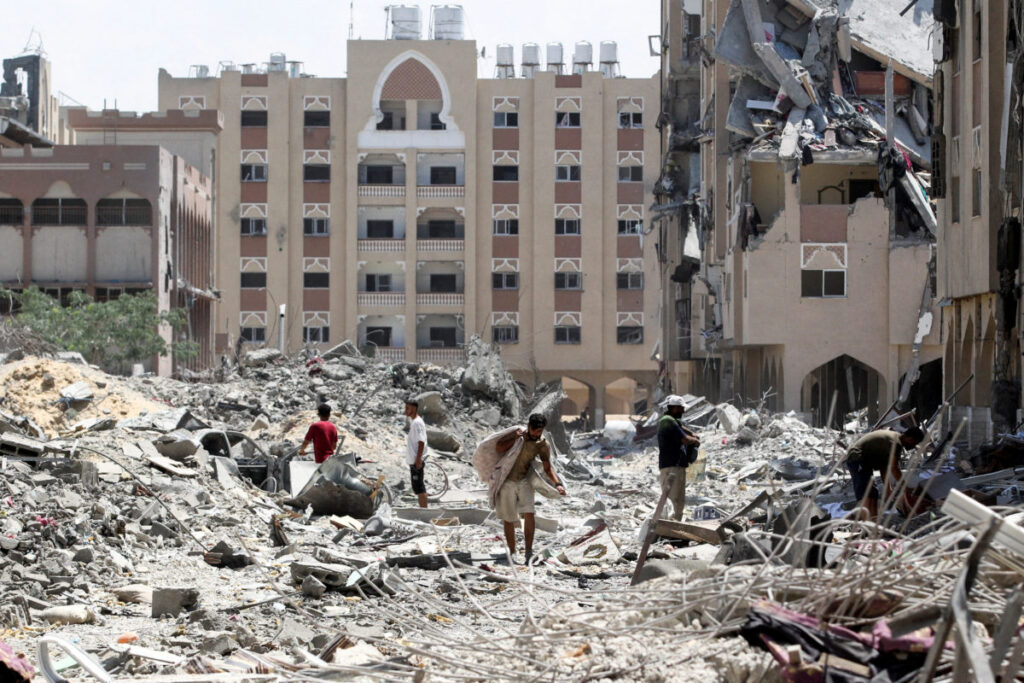
Amnesty International condemned Israel’s detention of Dr. Hussam Abu Safi, calling it part of efforts to “annihilate Gaza’s healthcare sector.”
The escalating violence has drawn global attention, with organizations urging swift diplomatic action for further prevention.
The Israel-Hamas conflict has resulted in 45,658 Palestinian deaths and 108,583 injuries since October 7, 2023.
Meanwhile, 1,139 Israelis were killed, and over 200 hostages were taken during the initial Hamas-led attack.
The international community continues to push for a ceasefire to halt further casualties and stabilize the region as humanitarian conditions worsen and are unconducive for living.
